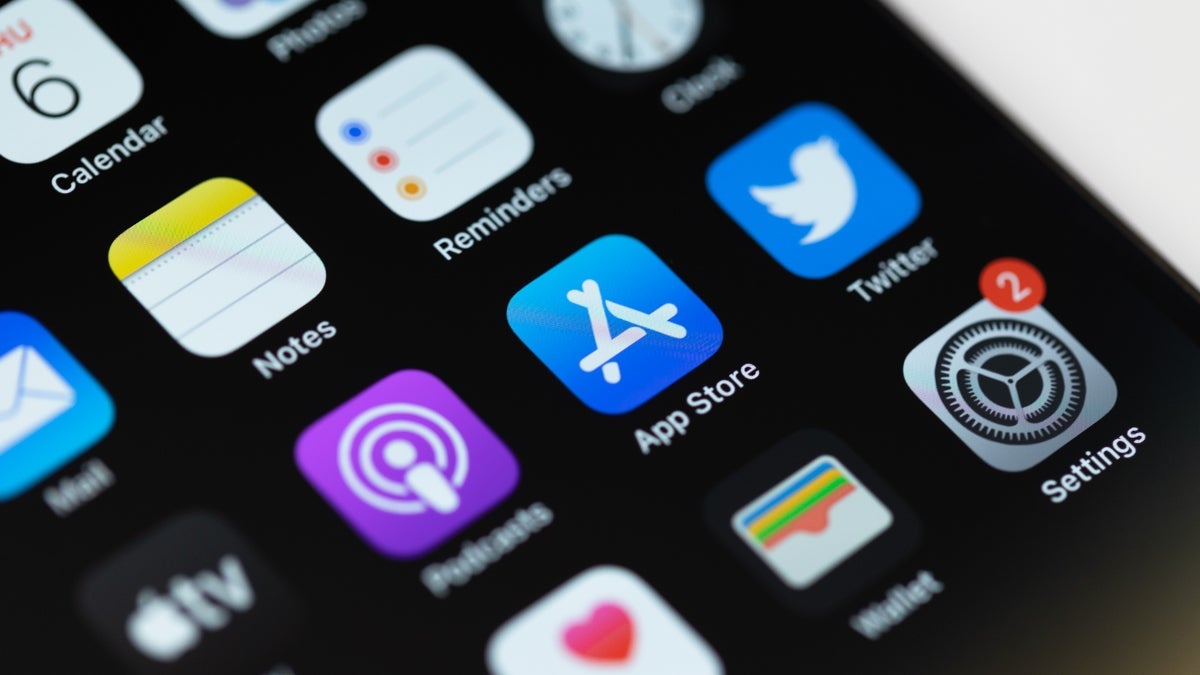When iOS 17.4 is released in March, the version of the update heading to eligible iPhone units in the EU will result in some major changes to iOS, Safari, and the App Store. Some of these changes can potentially cost Apple in the pocketbook. For example, Apple will allow third-party app stores and third-party in-app payment platforms to be available on the iPhone after years of fighting for its walled gardens. And the “Apple Tax” that Apple takes in from developers will have a lower 10%-17% range compared with the current 15%-30%.On the face of it, it would seem that Apple’s Services unit, the second largest business segment at Apple after the iPhone, would suffer a decline in revenue. But that might not be the case after all. First, the EU is responsible for only 6% of global App Store revenue, and Apple is creating new fees that will make up for the reduction in others. For example, in addition to the 10% to 17% commission that Apple will earn from developers using its in-app payment platform, Apple will charge a 3% in-app purchase billing fee. If a developer chooses to use a third-party in-app payment platform, Apple gets no commission and doesn’t earn the 3% fee.
Apple’s core technology fee in the EU will change the dynamics of the App Store for
Apple will also get a “core technology” fee of 50 Euro (.54 U.S. cents) for each time an app is installed over one million times from the App Store, third-party stores, the web, or the TestFlight testing service. According to Bloomberg’s Mark Gurman, Apple believes that 99% of developers impacted by the changes in the EU will see the amount they pay Apple stay the same or decline.
Spotify CEO Eks blasts Apple on X
But thanks to the “core technology” fee, Apple is actually going to collect revenue from apps that they never got a dime from before. Gurman uses Instagram as an example. If Meta gets 50 million installs a year in the EU, Meta will have to pay $2.2 million a month to Apple which is a check it never had to write to Apple before. And this upset Spotify CEO Daniel Ek who wrote in a tweet, “Spotify itself faces an untenable situation.”
The executive added, “With our EU Apple install base in the 100 million range, this new tax on downloads and updates could skyrocket our customer acquisition costs, potentially increasing them tenfold. This as we have to pay on every install or update to our free or paid app, even for those who no longer use the service. So where does that leave us? Under the new terms, we cannot afford these fees if we want to be a profitable company, so our only option is to stick with the status quo. The very thing we’ve been fighting against for five years.”
The “core technology fee” will negatively impact developers of free or freemium apps
Ek, who has been fighting against the Apple Tax for years, sums up Apple’s actions by writing, “By inventing a new tax system to replace the old, Apple mocks the spirit of the law and the lawmakers who wrote it. I sincerely hope the EU recognizes this for exactly what it is and stands firm, and doesn’t let their work over the years all be for nothing. The world is watching.”
But the new “core technology” fee is going to hurt smaller developers the most. Developer Steven Troughton-Smith notes that a free app that gets 2 million installs will have to pay $500,000 to Apple every year leading him to write on Mastodan, “I don’t think any app developer with free or freemium apps in their portfolio can accept Apple’s new business terms without the risk of being bankrupted. And as a result, that makes this specific implementation of the core technology fee unworkable.”
One developer who had a few hundred thousand installs last year told Gurman’s Power On newsletter that with the new fees, there is no incentive to make an app for the iPhone. However, developers can decide to stick with the current 15%-30% “Apple Tax” range if they promise not to use third-party payment platforms or get listed in third-party app stores. We’re pretty sure that Spotify’s Ek is thinking that the more things change, the more they stay the same, or get worse.
